James L. Kugel - The Ladder of Jacob: Ancient Interpretations of the Biblical Story of Jacob and His Children
Here you can read online James L. Kugel - The Ladder of Jacob: Ancient Interpretations of the Biblical Story of Jacob and His Children full text of the book (entire story) in english for free. Download pdf and epub, get meaning, cover and reviews about this ebook. year: 2009, publisher: Princeton University Press, genre: Religion. Description of the work, (preface) as well as reviews are available. Best literature library LitArk.com created for fans of good reading and offers a wide selection of genres:
Romance novel
Science fiction
Adventure
Detective
Science
History
Home and family
Prose
Art
Politics
Computer
Non-fiction
Religion
Business
Children
Humor
Choose a favorite category and find really read worthwhile books. Enjoy immersion in the world of imagination, feel the emotions of the characters or learn something new for yourself, make an fascinating discovery.
- Book:The Ladder of Jacob: Ancient Interpretations of the Biblical Story of Jacob and His Children
- Author:
- Publisher:Princeton University Press
- Genre:
- Year:2009
- Rating:3 / 5
- Favourites:Add to favourites
- Your mark:
The Ladder of Jacob: Ancient Interpretations of the Biblical Story of Jacob and His Children: summary, description and annotation
We offer to read an annotation, description, summary or preface (depends on what the author of the book "The Ladder of Jacob: Ancient Interpretations of the Biblical Story of Jacob and His Children" wrote himself). If you haven't found the necessary information about the book — write in the comments, we will try to find it.
Rife with incest, adultery, rape, and murder, the biblical story of Jacob and his children must have troubled ancient readers. By any standard, this was a family with problems. Jacobs oldest son Reuben is said to have slept with his fathers concubine Bilhah. The next two sons, Simeon and Levi, tricked the men of a nearby city into undergoing circumcision, and then murdered all of them as revenge for the rape of their sister. Judah, the fourth son, had sexual relations with his own daughter-in-law. Meanwhile, jealous of their younger sibling Joseph, the brothers conspired to kill him; they later relented and merely sold him into slavery. These stories presented a particular challenge for ancient biblical interpreters. After all, Jacobs sons were the founders of the nation of Israel and ought to have been models of virtue.
In The Ladder of Jacob, renowned biblical scholar James Kugel retraces the steps of ancient biblical interpreters as they struggled with such problems. Kugel reveals how they often fixed on a little detail in the Bibles wording to deduce something not openly stated in the narrative. They concluded that Simeon and Levi were justified in killing all the men in a town to avenge the rape of their sister, and that Judah, who slept with his daughter-in-law, was the unfortunate victim of alcoholism.
These are among the earliest examples of ancient biblical interpretation (midrash). They are found in retellings of biblical stories that appeared in the closing centuries BCEin the Book of Jubilees, the Aramaic Levi Document, the Testaments of the Twelve Patriarchs, and other noncanonical works. Through careful analysis of these retellings, Kugel is able to reconstruct how ancient interpreters worked. The Ladder of Jacob is an artful, compelling account of the very beginnings of biblical interpretation.
James L. Kugel: author's other books
Who wrote The Ladder of Jacob: Ancient Interpretations of the Biblical Story of Jacob and His Children? Find out the surname, the name of the author of the book and a list of all author's works by series.

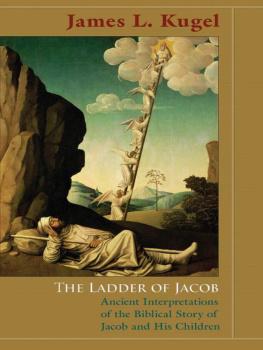
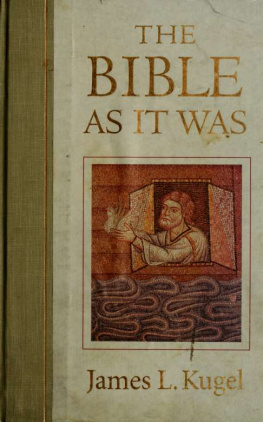
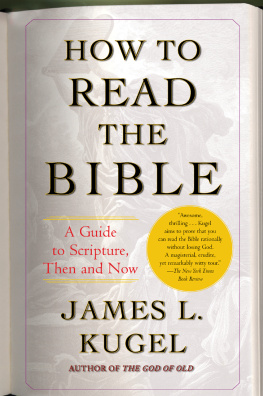
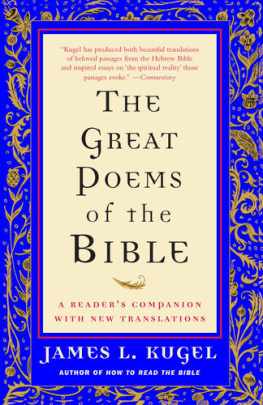
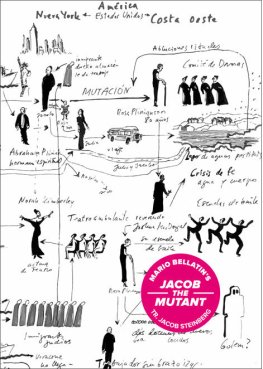
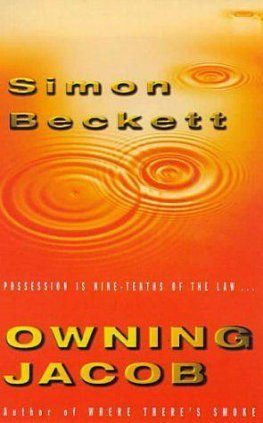
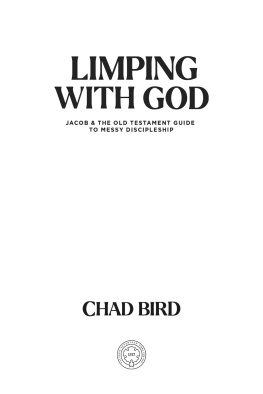

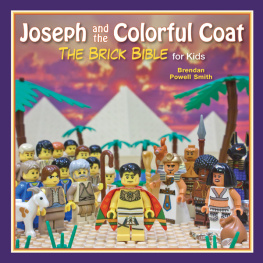
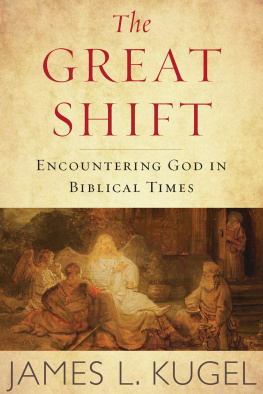

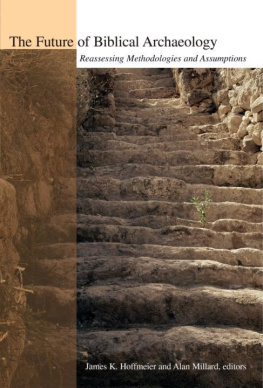
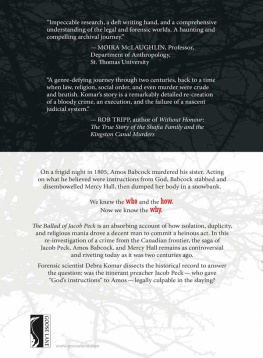

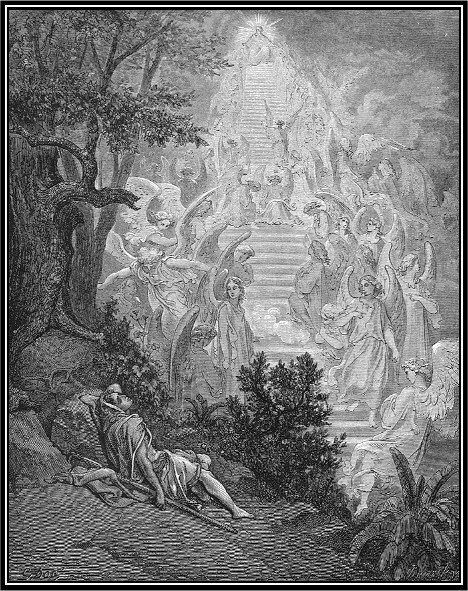
 wish to express my thanks to my editor at Princeton University Press, Fred Appel, for his help in making this book a reality. Thanks as well to Deborah Tegarden and Vicky Wilson-Schwartz for their editing skills, and to my literary agent, Ellen Geiger. A number of the chapters of the present book have been preceded by articles published in various journals, and I am grateful to those journals for permission to use parts of the articles here. It may be helpful for readers if I mention here the names of the articles and how the present treatment is different from the original.
wish to express my thanks to my editor at Princeton University Press, Fred Appel, for his help in making this book a reality. Thanks as well to Deborah Tegarden and Vicky Wilson-Schwartz for their editing skills, and to my literary agent, Ellen Geiger. A number of the chapters of the present book have been preceded by articles published in various journals, and I am grateful to those journals for permission to use parts of the articles here. It may be helpful for readers if I mention here the names of the articles and how the present treatment is different from the original.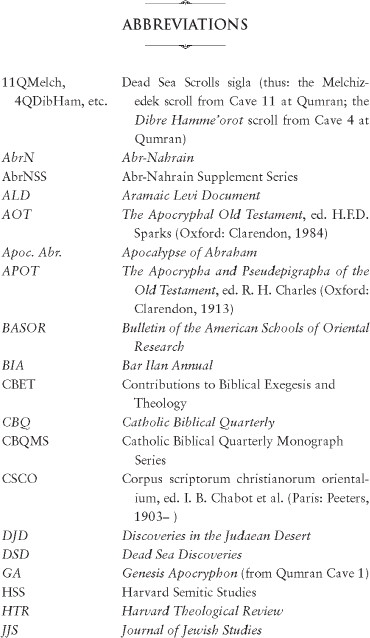
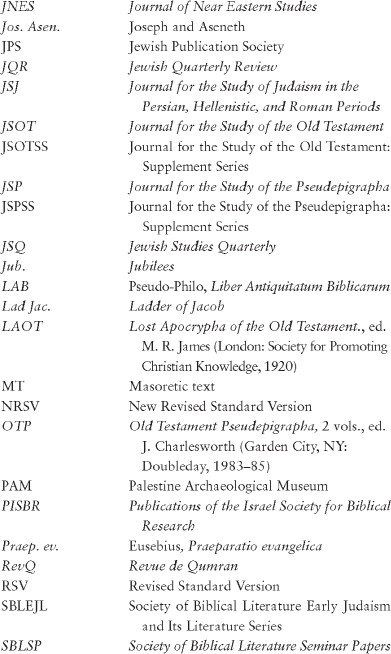
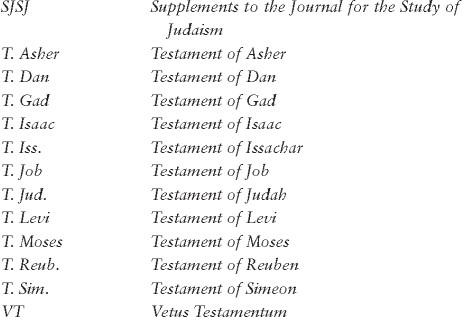
 ne question that troubled ancient readers of the Bible was that of the purpose of the book of Genesis. This first book of the Torah (Pentateuch) was in some ways the most problematic. Those that followedExodus, Leviticus, Numbers, Deuteronomyall contain divinely given laws, so their purpose was clear enough: they were written in order to guide people along the proper path in life. But Genesis has no laws or commandments to speak of; it is a collection of stories about Israels ancient ancestors, starting with Adam and Eve and leading up to the founders of the Israelite nation, Jacob and his twelve sons. Now, history may be interesting, even important, but to a certain way of thinking, history per se does not deserve a place in the Torah. Why, then, was the book of Genesis included?
ne question that troubled ancient readers of the Bible was that of the purpose of the book of Genesis. This first book of the Torah (Pentateuch) was in some ways the most problematic. Those that followedExodus, Leviticus, Numbers, Deuteronomyall contain divinely given laws, so their purpose was clear enough: they were written in order to guide people along the proper path in life. But Genesis has no laws or commandments to speak of; it is a collection of stories about Israels ancient ancestors, starting with Adam and Eve and leading up to the founders of the Israelite nation, Jacob and his twelve sons. Now, history may be interesting, even important, but to a certain way of thinking, history per se does not deserve a place in the Torah. Why, then, was the book of Genesis included?